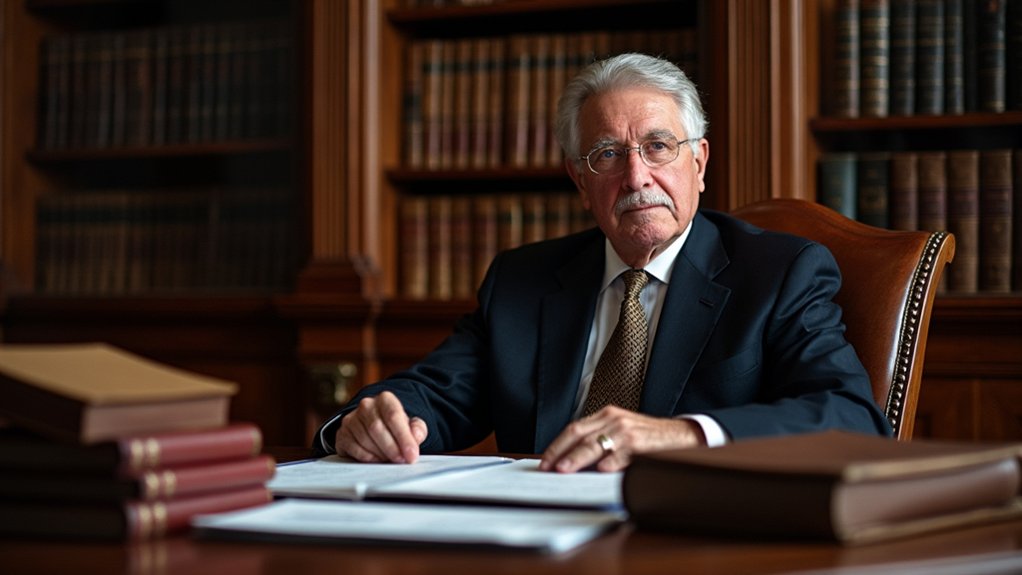In a move that would make even the most ardent cryptocurrency evangelists pause to double-check their calculators, Brazil’s Chamber of Deputies has scheduled a public hearing for August 20, 2025, to discuss Bill 4.501/2024—a legislative proposal that would authorize the allocation of up to 5% of the nation’s international reserves, roughly $15 billion, into Bitcoin and other digital assets.
Federal Deputy Eros Biondini, who introduced this ambitious legislation in November 2024, envisions creating a Strategic Bitcoin Reserve that would rank among the largest sovereign cryptocurrency investments globally. The proposal represents more than mere portfolio diversification; it signals Brazil’s intent to modernize fiscal policy while hedging against traditional currency risks and the uncertainties that accompany holding mainly U.S. Treasury securities.
This isn’t mere portfolio tinkering—it’s Brazil’s audacious bid to reshape monetary policy through strategic Bitcoin accumulation.
The August hearing, scheduled for 4 p.m. in Plenary 5 of the Chamber’s Annex II, will feature a carefully curated cast of financial experts and skeptics. Diego Kolling from Méliuz will explain Bitcoin’s role in long-term economic planning, while Rubens Sardenberg from Febraban will address banking regulatory implications.
Representatives from Brazil’s Central Bank, Ministry of Finance, and various development ministries are expected to weigh in on macroeconomic ramifications—though one suspects their enthusiasm may prove considerably more restrained than that of cryptocurrency advocates.
Deputy Luiz Philippe de Orleans e Bragança, a vocal supporter who requested the public hearing, champions the initiative as essential for Brazil’s economic sovereignty. The bill mandates rigorous oversight mechanisms, including criminal penalties for reserve mismanagement and a 180-day regulatory compliance period following potential approval.
Storage protocols would utilize cold wallets and robust security frameworks to prevent the sort of spectacular losses that have periodically plagued the digital asset ecosystem.
Perhaps most intriguingly, the government plans gradual Bitcoin acquisition rather than a single massive purchase—a strategy designed to minimize market disruption while building what could become a cornerstone of Brazil’s monetary policy arsenal. Given Bitcoin’s potential for price swings up to 22% in a single day, this measured approach reflects awareness of the extreme volatility that defines cryptocurrency markets.
Whether this bold gamble positions Brazil as a prescient early adopter or serves as a cautionary tale for other nations contemplating similar ventures remains to be determined.





